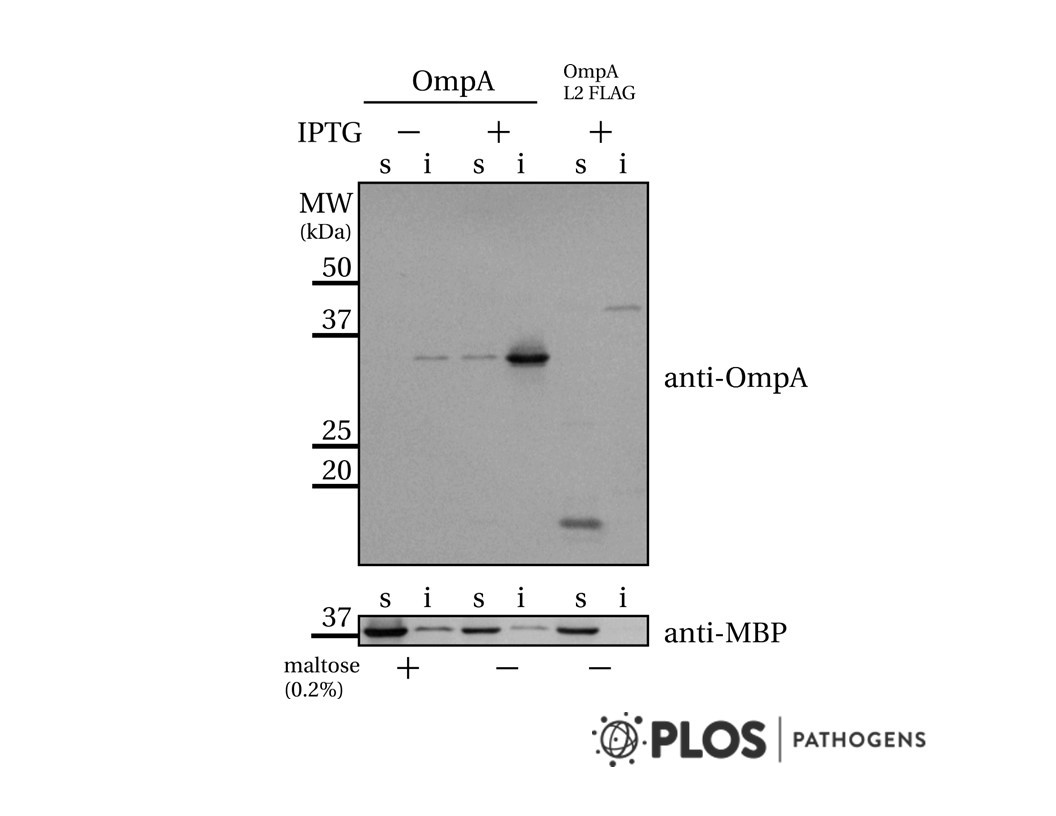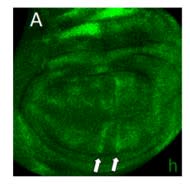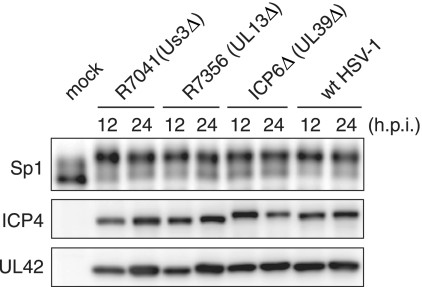
Cat. #162077
Coming soon HCI-009 PDX
Cat. #: 162077
Cancer Type: Breast Cancer
Cancer Sub-type: Poorly Differentiated Adenocarcinoma
This fee is applicable only for non-profit organisations. If you are a for-profit organisation or a researcher working on commercially-sponsored academic research, you will need to contact our licensing team for a commercial use license.
Contributor
Inventor: Alana L Welm, Yi-Chun Lin, Yoko Sakata DeRose
Institute: The University of Utah Research Foundation
Primary Citation: Guillen, et al. 2022. Nature Cancer. Feb; 3(2):232-250. PMID: 35221336
Tool Details
*FOR RESEARCH USE ONLY
- Research area: Breast Cancer
- Description: Please register your interest through the enquiry button (quote not currently available)
Human breast cancer-derived xenograft that retains high fidelity to original tumour and provides valuable resources for drug discovery and precision oncology. This panel of Patient Derived Xenografts provide models for some of the deadliest forms of breast cancer including drug-resistant, metastatic tumours, and endocrine-resistant estrogen receptor-positive (ER+) and HER2+ tumours. Sample collected in 2009 from ascites of Caucasian female, age 66 at time of collection with a primary diagnosis of poorly differentiated adenocarcinoma (1985); Stage IV in 1997. Patient had no history of smoking, and experienced clinical metastasis to lymph node, bone, pancreas, and peritoneum. Patient had undergone radiation therapy of breast (1985) and hip (2007) and had systemic treatment of cyclophosphamide;methotrexate; 5-fluorouracil (1985), tamoxifen; anastrozole (1987-2008), paclitaxel (2008), zolendronic acid (2008), fulvestrant (2008), and other alternative treatments prior to sample collection. Patient and PDX characteristics were as follows - ER status: negative, PR status: negative, HER2 status: negative. PDX information: PAM50 subtype is luminal B/HER2-enriched, PTEN negative by IHC, and shows metastasis to lung, peritoneum, and lymph node.
Patient Details
- Cancer type: Breast Cancer
- Cancer subtype: Poorly Differentiated Adenocarcinoma
- Cancer stage grade: Stage IV
- Biopsy site: Ascites
- Gender: Female
- Patient ethnicity: Caucasian
- Treatment history: Pretreated: Patient had undergone radiation therapy of breast (1985) and hip (2007) and had systemic treatment of cyclophosphamide;methotrexate; 5-fluorouracil (1985), tamoxifen; anastrozole (1987-2008), paclitaxel (2008), zolendronic acid (2008), fulvestrant (2008), and other alternative treatments prior to sample collection
Engraftment Details
- Mice passaged: Yes
- Engraftment site: Cleared mammary fat pad
- Sample type: Suspension in Matrigel
- Host strain: Immunocompromised mice NOD scid gamma (NSG) Jackson Laboratory 5557; NOD/scid, Jackson Laboratory 1303 or NOD rag gamma (NRG), Jackson Laboratory 7799
- Histology: PAM50 subtype Her2 enriched
- Production details: Fresh or thawed human breast tumour fragments were implanted into the cleared inguinal mammary fat pad of female Immune-compromised mice. For bone metastasis samples, bone fragments were coimplanted. For liquid specimens, pleural effusion, or ascites fluid, 1-2 milion cells were injected into cleared mammary fat pads in Matrigel. For ER+ tumours, mice were dosed with E2 beeswax pellets and given supplemental E2 via drinking water. When tumours reached 1-2 cm in diameter, tumours were aseptically collected and reimplanted into new m ice or banked. Estrogen-independent ER+ breast PDX models were generated when ER+ PDX tumours were transplated into overiectomized mice without E2 supplementation.
Handling
- Initial handling information: Implant into the cleared inguinal mammary fat pad of female Immune-compromised mice (NOD.SCID). Time to grow to 2cm: 4 months
- Additional notes: Additional Information on PDX establishment: https://www.nature.com/articles/s43018-022-00337-6/figures/9
Application Details
- Genetic data: Whole exome sequencing, SNP array, CNV data and RNA sequence from Guillen et al. 2022 Nature Cancer, is available in NIH database dbGaP under accession number phs002479.v1.p1
References
- Tufail, et al. 2024. Journal of Translational Med. Jan 3:22(1):15. PMID: 38172946
- Bhattacharya, et al. 2023. Journal of Experimental & Clinical Cancer Research. Dec 16:42(1):343. PMID: 38102637
- Prekovic, et al. 2023. EMBO Molecular Medicine. Dec 7:15(12):e17737. PMID: 37902007
- Daneshdoust, et al. 2023. Cells. Sep 30:12(19):2338. PMID: 37830602
- Wang, et al. 2023. Cell Bioscience. Dec 1:13(1):224. PMID: 38041134
- Guillen, et al. 2022. Nature Cancer. Feb 3(2):232-250. PMID: 35221336





